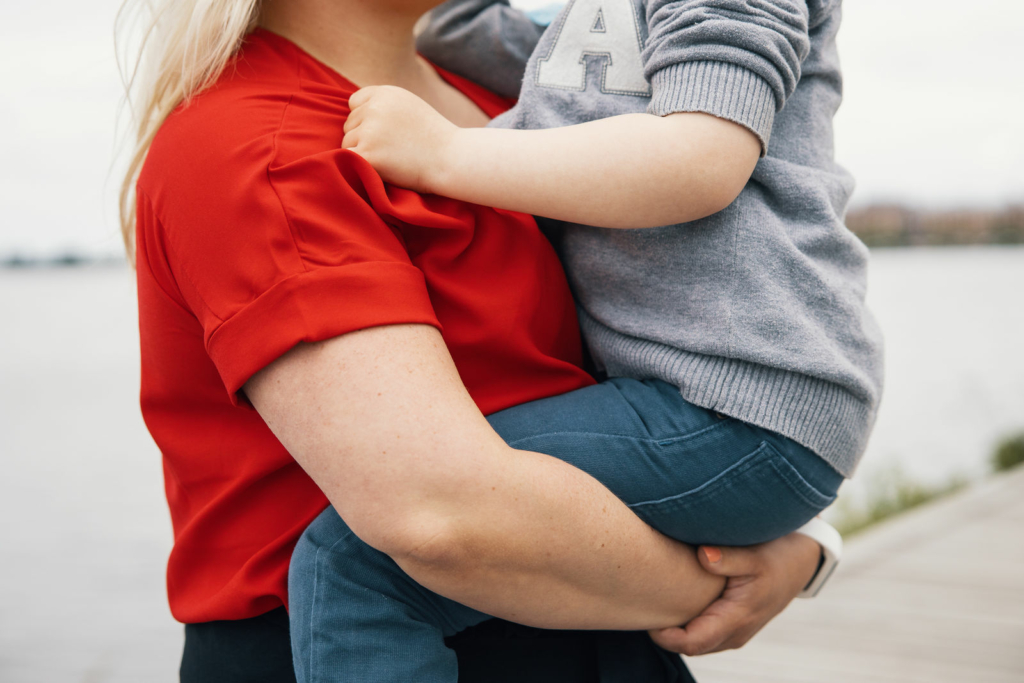
Domestic violence
It is highly likely that we have all encountered a person who has been subjected to violence at some point. Early intervention is important. You can also be a hero.
If you yourself have encountered violence
Violence can be difficult to recognize, but it is important to seek help if you suspect that you, your child, or someone close to you has been exposed to violence.
It could be violence if…
- you can’t be yourself at home
- someone makes you feel worthless
- you are afraid at home, at school, or with friends
- no one takes care of you
- someone has touched you in a way you don’t want
There is support and help available:
- The Ostrobothnia Shelter:
- Crisis phone number is open around the clock: 06 312 9666
- Avokki is a low-threshold service that supports and helps those who have experienced or committed family violence or other violence in close relationships. By booking an appointment, you can talk to a professional to clarify your feelings and explore new solutions in a difficult life situation.
- Shelter: A shelter is intended as a short-term refuge during an acute crisis, and you can seek help there alone or with children, regardless of which municipality you live in. Shelter services are free of charge and are intended for all who have experienced violence or threats of violence in close relationships, regardless of gender or age. Domestic violence refers to violence where the perpetrator is a current or former spouse or partner, a child or partner’s child, a parent, another close relative, or another intimate acquaintance.
- Nollalinja is a free support helpline that you can call anytime, every day of the year. Phone number: 080 005 005. Nollainja offers help to all who have experienced emotional, physical, or sexual violence or threats of violence in a close relationship, as well as to professionals and authorities who need advice in their work with clients.
- Seri support center is a care unit at Vaasa Central Hospital for those who have been subjected to sexual violence. The services are free of charge and are intended for all people over the age of 13 who have been victims of sexual crimes, regardless of gender. The support unit is open 24/7: 040 589 4752
If you have acted violently
Are you concerned about your own behavior?
Support and help are available if, for example, you…
- yell, hit, or destroy things
- belittle, threaten, or pressure your loved one
- control your loved one’s actions, finances, or relationships
- try to force your loved one into sex, even if they don’t want it
- have behaved threateningly or violently towards your loved ones
Links:
- MIELI Crisis Help Line allows you to discuss your thoughts, feelings and situation in life with a crisis worker or a trained volunteer, for ex. all kinds of traumas, divorces, issues in the family or drug abuses. You can call us anonymously and confidentially.
- You can call in English on Fridays between 9 AM and 1 PM: 09 2525 0116
- You can call in Ukrainian on Mondays, Wednesdays and Thursdays between 12 and 16, and on Tuesdays and Fridays between 9 and 13: 09 2525 0114
- You can call in Russian on Mondays, Wednesdays and Thursdays between 12 and 16, and on Tuesdays and Fridays between 9 and 13: 09 2525 0115
- The Ostrobothnia Shelter:
- Avokki is a low-threshold service that supports and helps those who have experienced or committed family violence or other violence in close relationships. By booking an appointment, you can talk to a professional to clarify your feelings and explore new solutions in a difficult life situation.
If you have noticed violence in your close circle
Examples of warning signs:
- A friend, colleague, or relative contacts you less frequently and withdraws from social situations.
- Their partner constantly reaches out and wants to know where they are and who they are with.
- They often cancel plans at the last minute.
- They adjust their life, interests, and decisions based on what their partner thinks is right.
- Their partner criticizes them publicly or uses derogatory language.
- Their belongings show signs of violence.
- They seem unable to make decisions about their finances, with their partner controlling the money.
- A child is wearing clothes that are not suitable for the season or have torn or dirty clothes.
- The child does not want to go home.
If you suspect someone is in danger: Talk to the person you are worried about and explain why. If they say everything is fine, let them know you’re there to support them if help is needed.
If someone uses offensive language: It’s important to challenge the offensive behavior and show that it’s not acceptable. Emotional or psychological abuse is also abuse. You can say, “That’s not okay to say” or “Can you explain what you mean?”
If someone is violent toward their partner: If you feel safe doing so, talk to the abusive person. Let them know you’re aware of what’s happening and that it is a crime. You can also mention that help is available to manage difficult emotions.
If you’re worried about a child: If it concerns an older child, talk to them and express your concern that something may not be right at home. Tell them that adults should never use bad language or be violent toward children. Show them that you are a safe adult they can turn to. You may also need to report the situation to child welfare services.
If you hear that a neighbor is experiencing violence: Knock on the door to interrupt the situation and show that someone is aware of what’s happening. Get help from other neighbors to increase safety. If the situation seems urgent or threatening, always call the police.
